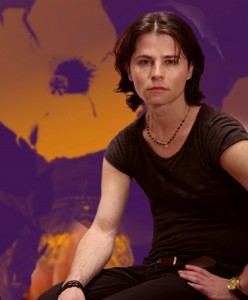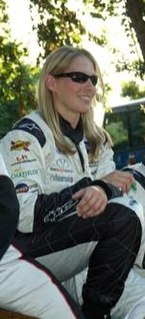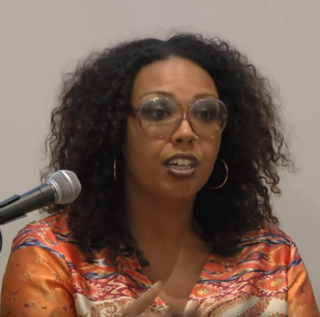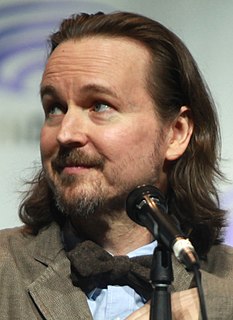A Quote by Lydia Polgreen
I have this very kind of like heterodox idea of what an education is, what underpins identity. I don't think I'm very easily pigeon holed in any of those boxes, so I confront this. I have a staff full of young people who came up in a very different tradition and who feel very fired up about the big identity battles. I listen and I try to navigate them, but I don't find them mapping onto my life in a personal way which is, which is hard.
Related Quotes
I have a perhaps naive point of view informed by my own kind of snowflake-in-the-unique-sense rather than the political sense, personal story. I mean I feel like my experiences are so hard to map onto any kind of generalized identity. For example, I'm a black person, but I come from a very particular black experience which is not unlike the experience of the Barack Obama. I have an African mother and a white father and I feel like I have a different experience of being a black person as a result of that identity than someone who is from the descendants of slaves.
It was a very easy way to have a group of friends on a very large campus - a sense of identity. It was a great place to learn how to navigate a variety of personalities, which you kind of have to do in life. You've got the shy woman and you've got the obnoxious woman and you've got the brainiac and you've got the social climber and you've got the introvert and the extrovert, and you're all living together. I think it gave me valuable experience in learning how to live with people that are different than you are. And that's an important lesson. You can bet it comes in very handy in the Senate.
To me, paintings are about beauty. They are very feminine, and beauty is something very feminine. For a long time, people would talk with me about identity. I don't have issues with identity, I just follow this kind of feminine beauty because I became a victim of my art, which I think is the best thing for an artist. So many artists use their talent, but with the best artists, their talent uses them.
I feel very grateful for the way I was brought up. I did not realise it then, but as I grew older and started writing and realised the material that was there was very strong, I felt very grateful that my life was complicated and that my identity was never clear but put me in a position that was always questioned.
In really good companies, you have to lead. You have to come up with big ideas and express them forcefully. I have always been encouraged -- or sometimes forced -- to confront the very natural fear of being wrong. I was constantly pushed to find out what I really thought and then to speak up. Over time, I came to see that waiting to discover which way the wind was blowing is an excellent way to learn how to be a follower.
I think I've owned all the models of iPods so far. And these days between my iPod, iPhone and my personal laptop computer, I'm someone who is very, very grateful for all the ways to listen to music and completely switch off from people around me and listen to the music in detail, which is very hard to do if you're in a room with other people.
I think there's a level at which you think that there's a reason that you're being singled out, that you're being chosen. As a kid, I was always mistaken for a girl. Before you reach that age where your sexuality starts to display itself, kids can look very androgynous, and I guess I leaned more toward the feminine. All those things were very hard, growing up, because you're trying to create an identity, and you're feeling shameful about the one that you're making. So, I identified with it a lot.
Some people will know exactly what they want to do at a very young age, but the odds are low. I feel like people in their early- to mid-20s are very earnest. They’re very serious, and they want to feel like they’ve accomplished a lot at a very young age rather than just trying to figure stuff out. So I try to push them toward a more experimental attitude.
I wanted to get more serialized. I had this idea for an event that would click onto everybody's mortality. I said, "I want somebody to die." Fortunately for me, when I was toying with that idea, John Landgraf, who's the head of FX but also a very smart executive, came up with the idea of the ashes in the maracas. He called me up and said, "Listen, what about this, they get the ashes in a box and when they get them, they shake them and they sound like maracas." And I was like, "Okay, now I've got my throughline."
I feel very blessed that at a young age I was able to navigate my battle with drug and alcohol addiction, and through recovery live a sober life. There is such a stigma attached to addiction and it was hard for me to both confront and overcome it. I am very proud and grateful that with the support of family and friends, I was able to do so.
... I had a latent impression that there was something decidedly fine in Mr. Wopsle's elocution - not for old associations' sake, I am afraid, but because it was very slow, very dreary, very up-hill and down-hill, and very unlike any way in which any man in any natural circumstances of life or death ever expressed himself about anything.
































